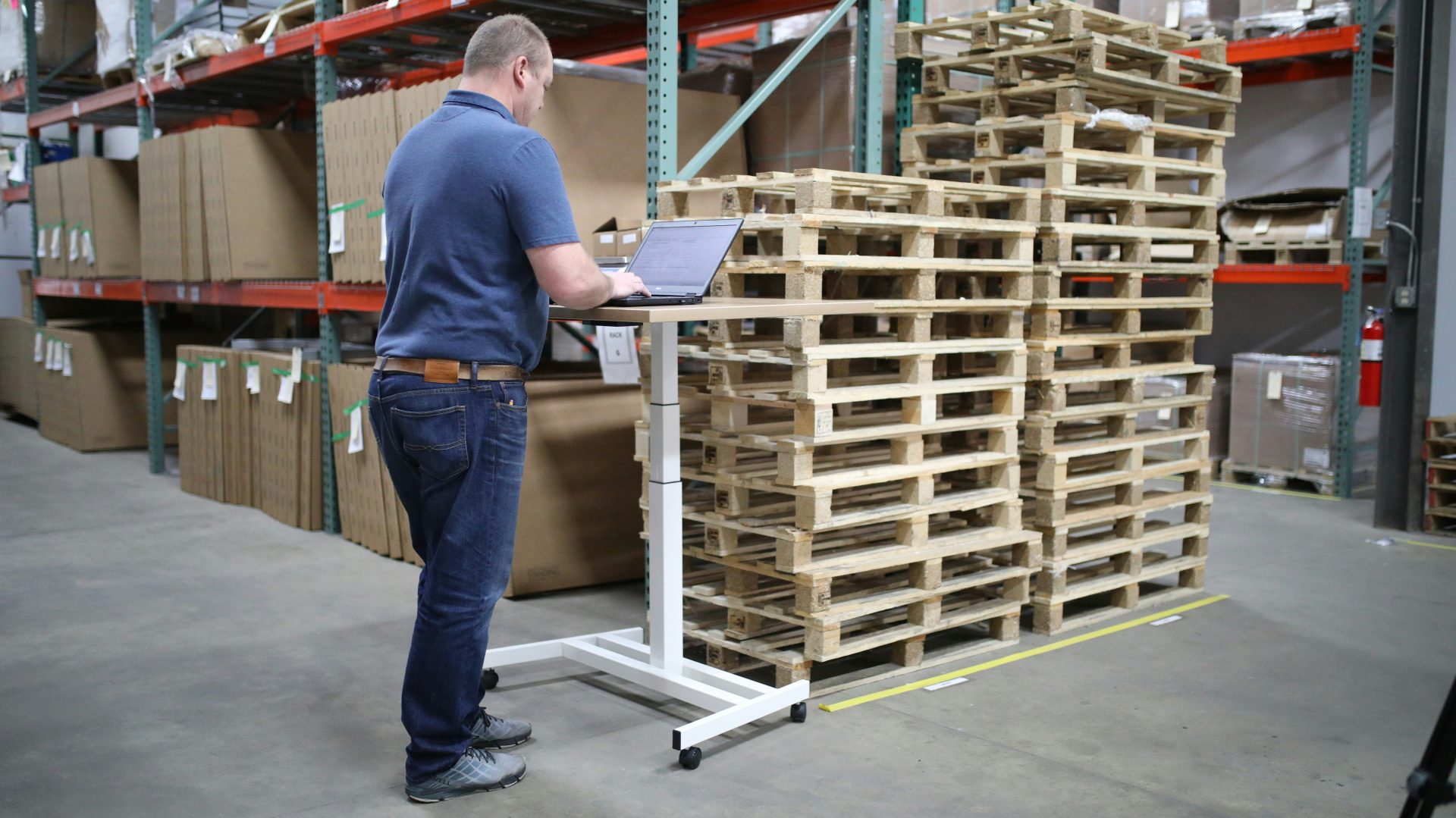Factory Floor Secrets: Why Manufacturing Pros Love Their Career Path

Manufacturing: A Career Path with Overwhelming Potential and Satisfaction
A recent industry survey reveals an overwhelmingly positive sentiment among professionals in the manufacturing sector. An impressive 80% of women and 81% of men currently working in manufacturing are not just satisfied with their career choice, but are enthusiastic advocates who would readily recommend the field to others.
These compelling statistics highlight the growing appeal and promising opportunities within the manufacturing industry. The near-equal endorsement from both female and male professionals underscores the sector's inclusive nature and potential for diverse talent. Such high recommendation rates suggest that manufacturing offers rewarding experiences, competitive opportunities, and a sense of professional fulfillment that transcends gender boundaries.
For those considering a career path with stability, innovation, and growth, the manufacturing industry presents an exciting and promising landscape. The survey's results serve as a powerful testament to the sector's ability to engage, challenge, and satisfy its workforce.
